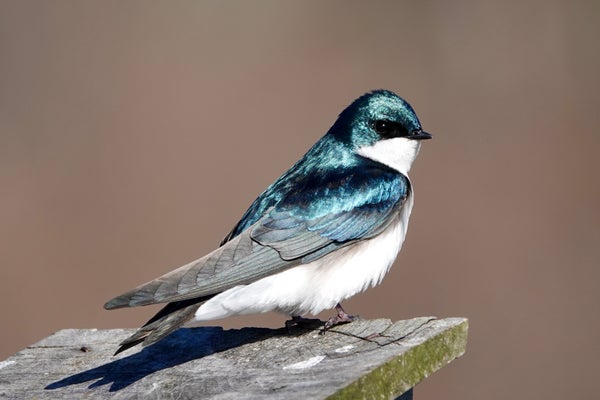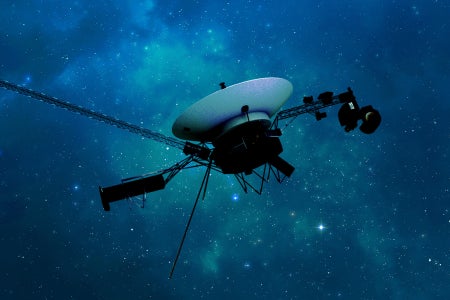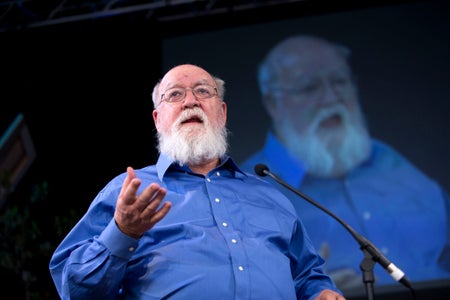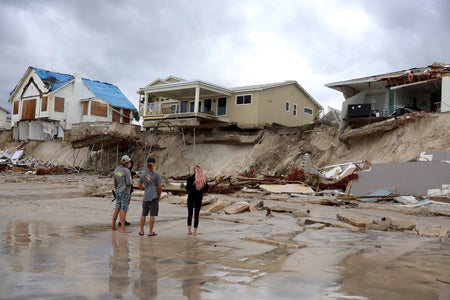
We Are in the Golden Age of Bird-Watching
There has never been a better time to be or become a birder

We Are in the Golden Age of Bird-Watching
There has never been a better time to be or become a birder

After Months of Gibberish, Voyager 1 Is Communicating Well Again
NASA scientists spent months coaxing the 46-year-old Voyager 1 spacecraft back into healthy communication

Woman Becomes First Person to Receive Both Pig Kidney Transplant and Heart Pump
A woman with life-threatening heart and kidney disease became the second person ever to receive a genetically modified pig kidney and the first person to receive a heart pump and a transplanted organ together

After Months of Gibberish, Voyager 1 Is Communicating Well Again
NASA scientists spent months coaxing the 46-year-old Voyager 1 spacecraft back into healthy communication

An Epitaph for Daniel Dennett, Philosopher of Consciousness
Is consciousness nothing more than an illusion? That idea defined the work of Daniel Dennett (1942–2024)

The U.S. Spends a Fortune on Beach Sand That Storms Just Wash Away
The U.S. is paying hundreds of millions of dollars to replenish storm-ravaged beaches in a losing battle against rising seas and erosion

How Parents Can Heal Rifts with Their Adult Children
Repairing a broken parent-adult child relationship is possible if both sides approach it earnestly and honestly